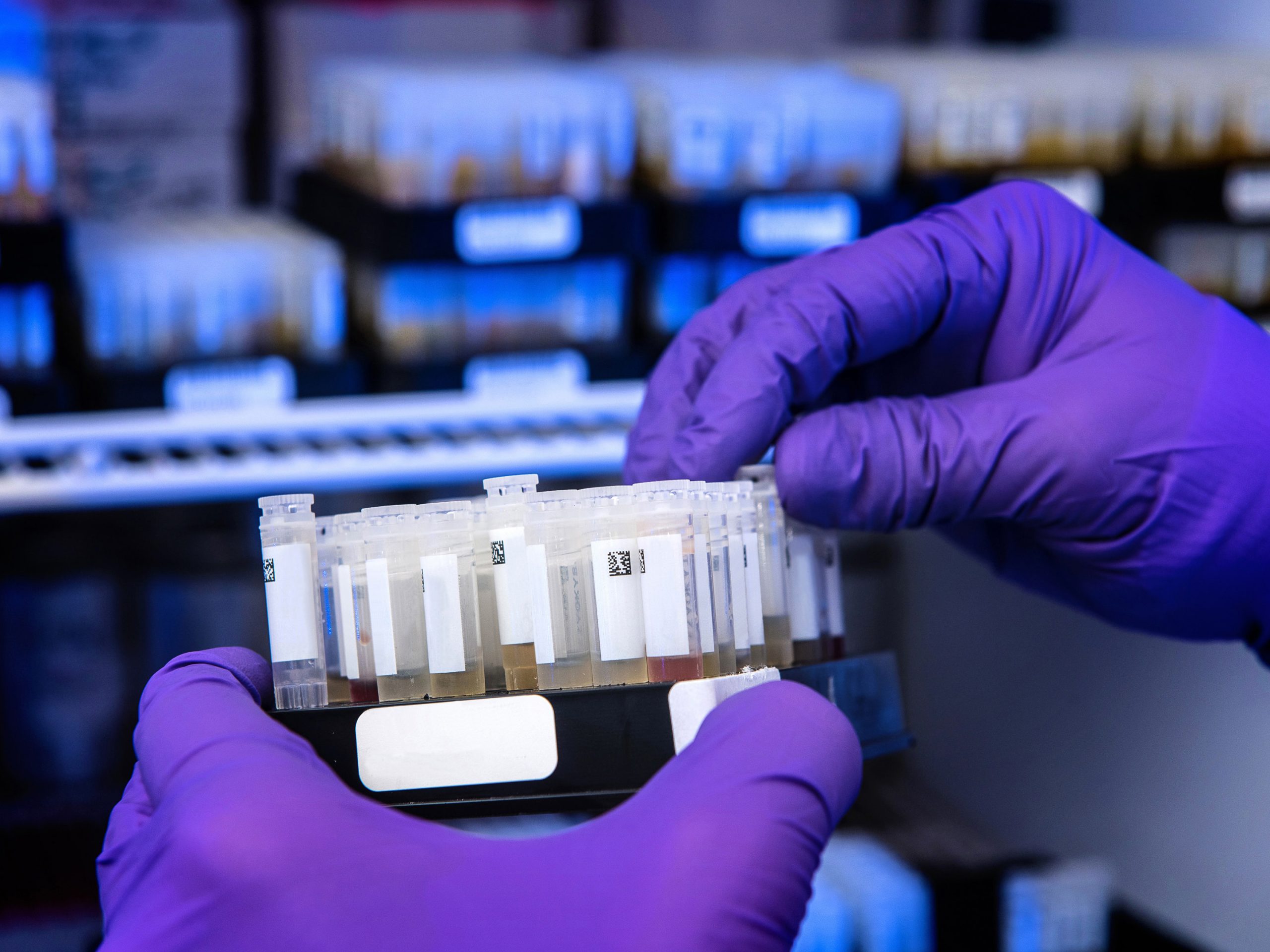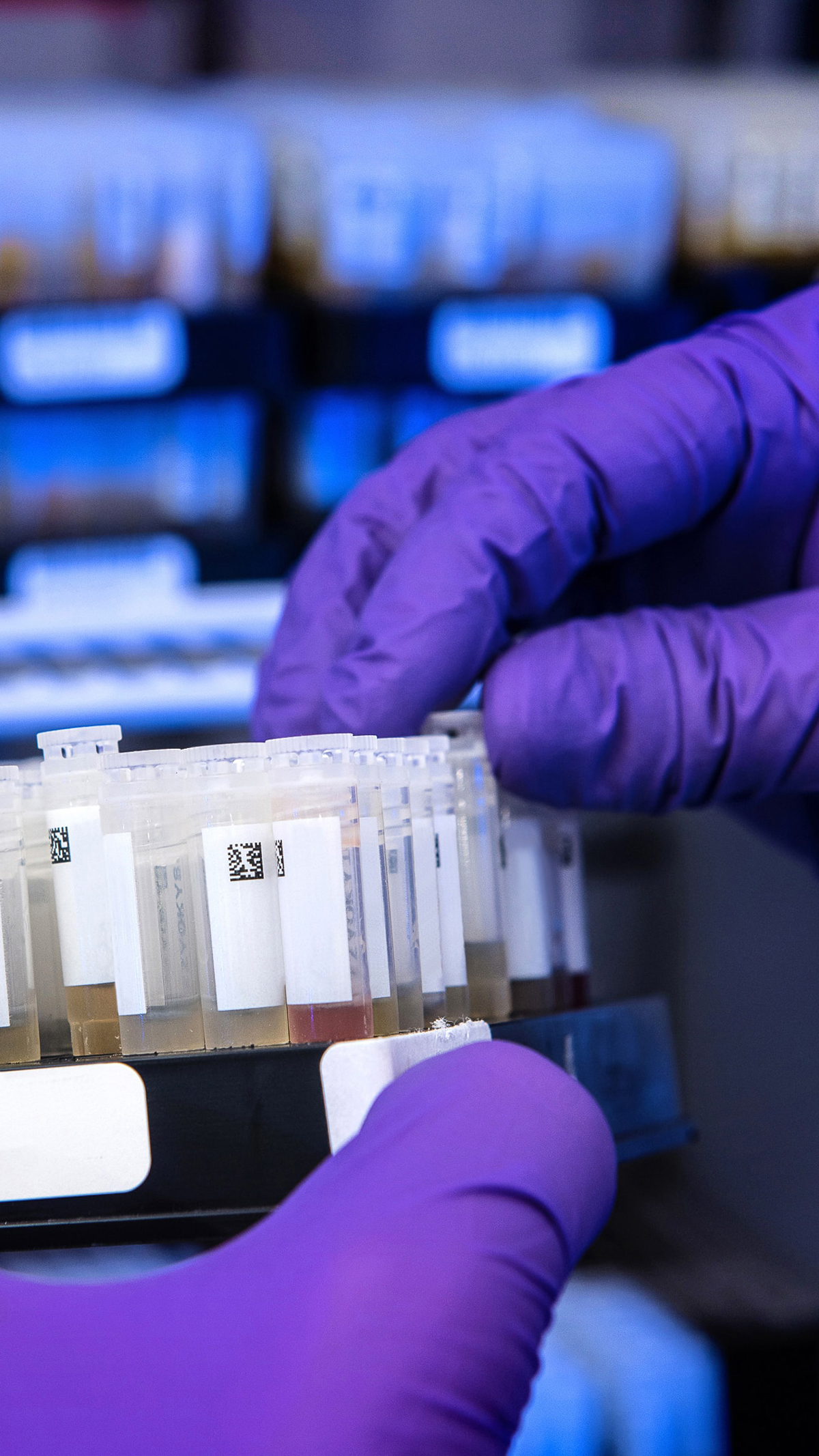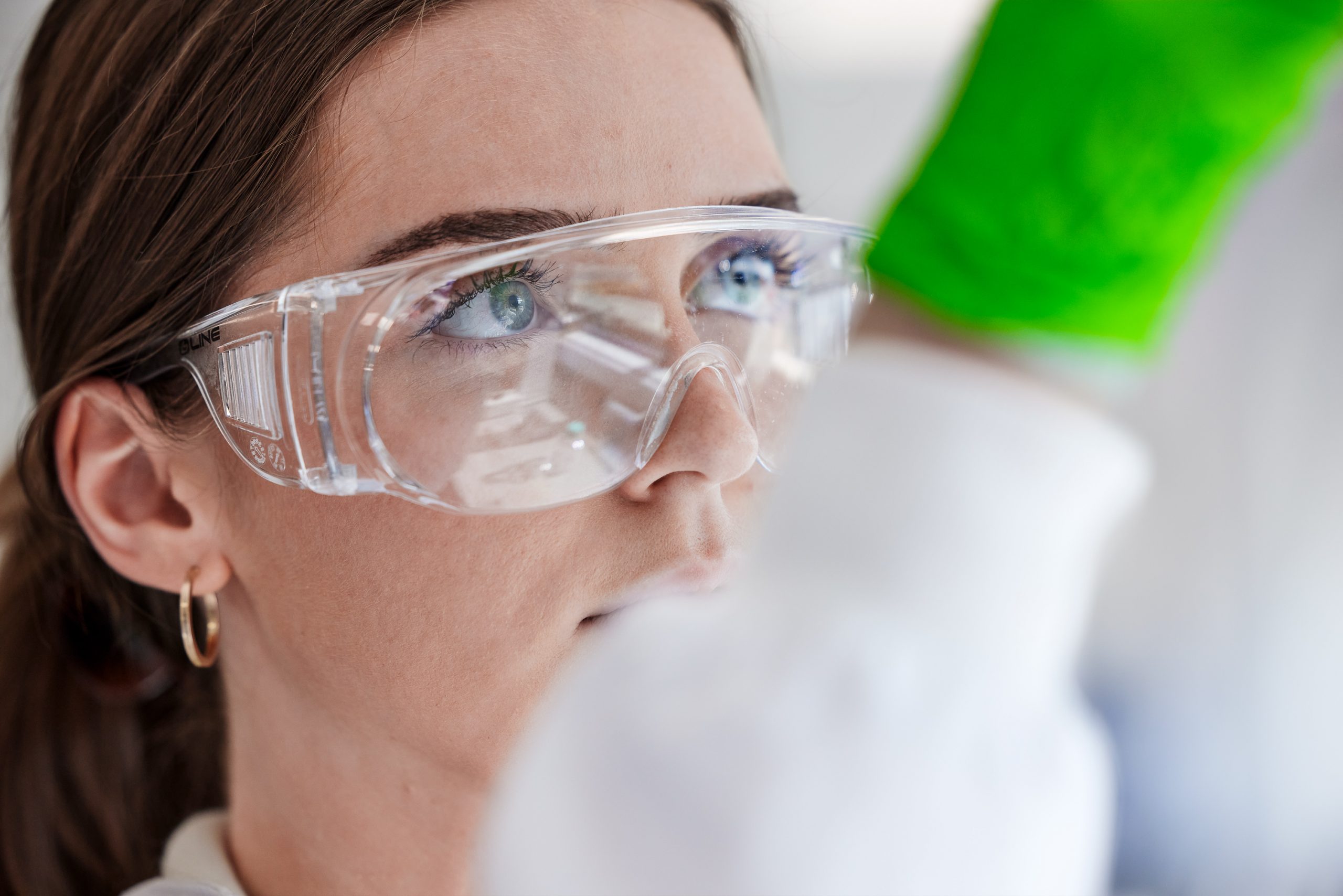
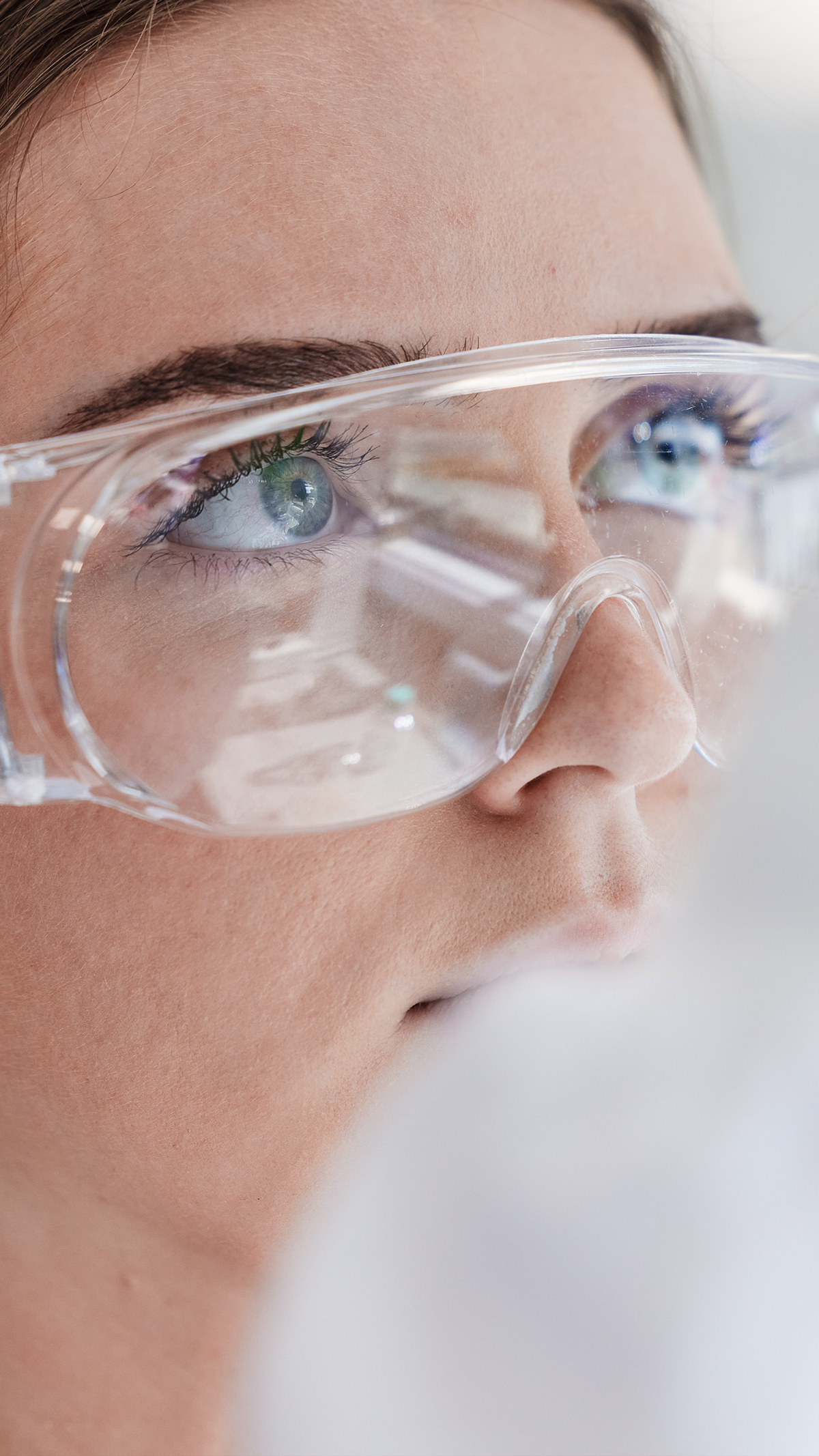
Anti Virals
Overview
We began work in the early stages of the pandemic studying our technology and its potential to target SARS-CoV-2 infection.
Within the first few months of research, Bicycle® molecules had already been identified which showed potential. These molecules have been further optimised and have shown potent anti-viral activity in relevant pre-clinical model systems.
Bicycle initiated work on SARS-CoV-2 in April 2020 and secured significant Innovate-UK funding to apply its novel platform to seek a solution to help with the pandemic. To do this we rapidly formed close partnerships with a network of key opinion leaders in academia, such as MRC Laboratory of Molecular Biology and the University of Liverpool, who had access to key anti-viral assays, specialist facilities and in vivo models. We identified, in as little as four weeks for some molecules, numerous families of Bicycle molecules which can bind to at least 12 different sites or “epitopes” on the SARS-CoV-2 spike protein.
These Bicycle molecules exploited the conjugate-ready nature of the molecules to allow multimerization to deliver very high affinity and potency molecules to single epitopes on the virus as well as bi-paratopic molecules, where two Bicycle molecules binding to two different epitopes on the virus are combined together in one molecule with a single pharmacokinetic profile, making mutational escape by the virus much more difficult.
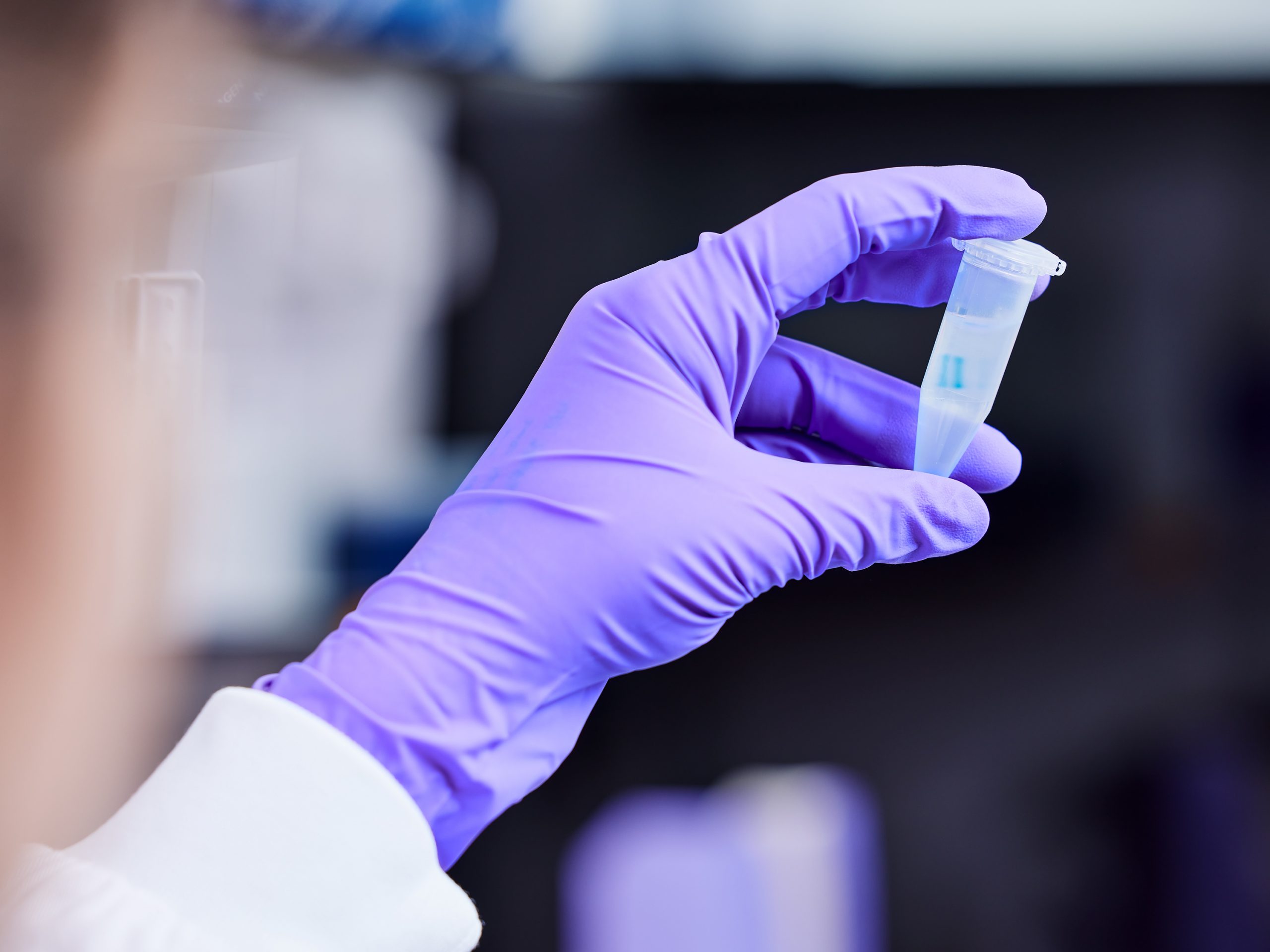
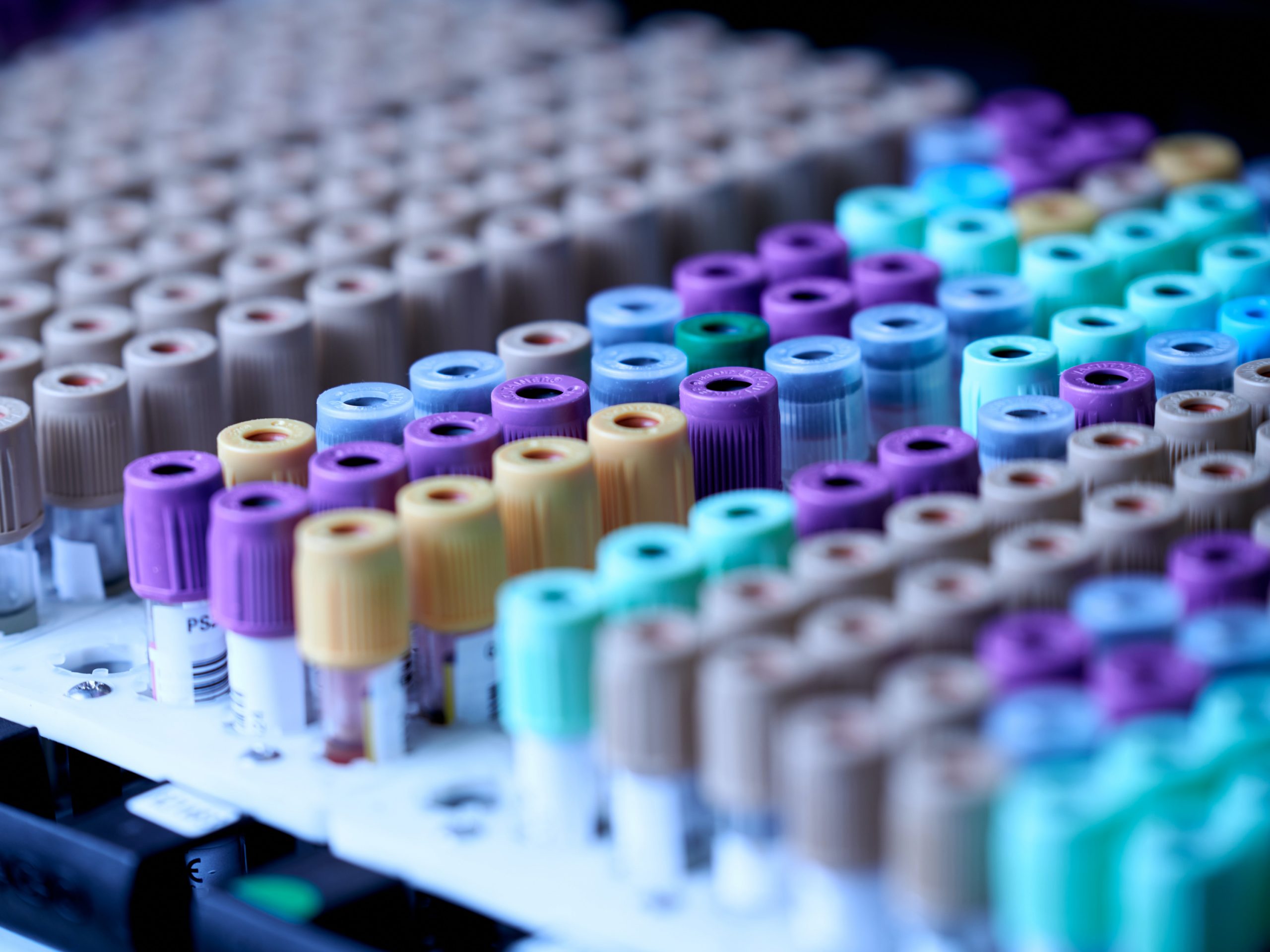
These Bicycle molecules have shown potent preclinical activity in human lung SARS-CoV-2 infectivity assays. In multiple animal models, we have seen promising results of inhibiting viral replication and reducing activation of the host cytokine response. Moreover, these Bicycle molecules have also shown encouraging activity in vitro across many of the variant strains of concern of SARS-CoV-2, including: alpha, beta, delta and omicron. Bicycle continues to evaluate these compounds in a range of assays. We believe there is a significant therapeutic opportunity, as these compounds have also been shown to be systemically available through a nasal route of administration in animal models.
As part of our efforts, we also created Bicycle molecules targeted against the Nucleocapsid protein, which is another SARS-CoV-2 protein and the antigen used in diagnosing COVID infection in patients using lateral flow tests. Bicycle has formed a successful partnership with a leading diagnostic expert to evaluate these as novel SARS-CoV-2 diagnostics in Lateral Flow Tests.
